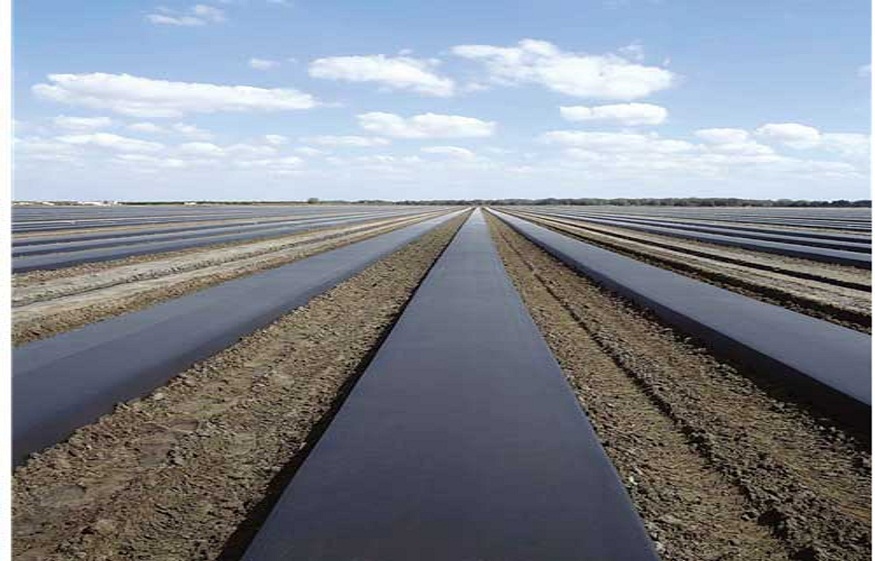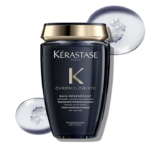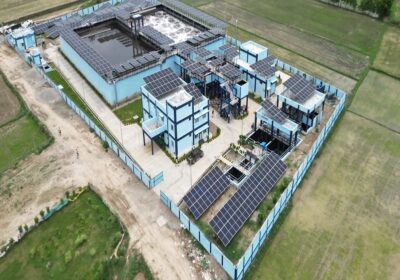
Why Black Film on Plastic Really Matters in Every Industry
Among the various types, black film on plastic plays a unique and essential role in several industries. It’s not just about the color—it’s about what the black film does. From protecting products and materials to improving durability, black plastic films offer a range of practical and technical benefits.
This film is typically made by adding carbon black or black pigments during the manufacturing process, which enhances its functional properties. Whether it’s shielding against sunlight, preserving freshness in food, or adding strength to construction materials, black film on plastic serves a valuable purpose.
In this article, we’ll look at 10 important reasons why black film on plastic matters and how it benefits businesses, consumers, and the environment. If you’re involved in manufacturing, packaging, or agriculture, these insights will help you understand why black film is often the smart choice.
1. UV Protection
The black pigment—often carbon black—absorbs harmful UV rays from the sun. This is especially important in agriculture and construction where materials are exposed to sunlight for long periods.
Without this protection, plastic can degrade, crack, or lose its strength over time. Black film acts like sunscreen for plastic, prolonging its lifespan and performance. It’s particularly useful in greenhouse covers, mulch films, and protective sheeting.
2. Heat Absorption and Control
Black film absorbs more heat compared to clear or white films. This feature is useful in agricultural applications like plastic mulch, where warmth can promote faster seed germination and plant growth.
In colder regions, black plastic film helps maintain soil temperature, leading to better yields. In industrial settings, it can also aid in thermal control where controlled heating is required. This heat management makes black film an efficient tool in many temperature-sensitive applications.
3. Enhanced Durability and Strength
Black plastic tends to be more tear-resistant and durable, especially when exposed to harsh outdoor elements such as wind, rain, and UV light.
This makes it ideal for use in construction wrap, silage cover, or protective packaging that needs to endure rough handling or extreme conditions. The added toughness helps reduce product failure and ensures long-term reliability.
4. Light Blocking Capabilities
Black film offers complete light blockage, which is useful in many scenarios. For instance, in food packaging, it helps prevent light-sensitive items like dairy, oils, and certain medicines from degrading due to light exposure.
In agriculture, blocking light can prevent weed growth when used as a ground cover. This eliminates the need for chemical weed killers and supports more organic farming methods. In short, controlling light with black film boosts product quality and environmental safety.
5. Privacy and Concealment
Sometimes, you don’t want people to see what’s inside. Black plastic film provides privacy, making it ideal for applications like refuse bags, transport covers, and sensitive packaging.
In construction, black tarps can cover equipment or unfinished areas discreetly. In retail and shipping, black film adds a layer of security during transit by concealing valuable contents from view. This privacy feature is especially appreciated in high-theft environments.
6. Moisture and Contaminant Barrier
Black plastic film can act as an effective moisture and contaminant barrier. When sealed correctly, it helps keep water, dust, air pollutants, and even chemicals from penetrating the packaging or protective layer.
This is especially useful in packaging perishable items, covering soil, or protecting building materials on job sites. The moisture resistance of carbon fiber plastics also makes it suitable for lining ponds, landfills, and construction foundations, where maintaining dryness is critical.
7. Cost-Effective Material Solution
Surprisingly, black film is often more cost-effective than clear or colored alternatives. The widespread use of carbon black as a pigment makes it inexpensive to produce, while its added durability and longevity reduce the need for frequent replacement.
Businesses save on maintenance, replacement, and waste disposal costs. For budget-conscious industries like agriculture and packaging, black film offers both performance and savings—making it a smart investment.
8. Environmental Benefits and Recycling
Many black plastic films are made using recycled materials, especially in construction and agricultural sectors. Carbon black can be derived from recovered rubber or plastic waste, helping reduce landfill pressure.
Furthermore, black films are reusable and recyclable in some cases, especially when sorted properly. Their use in suppressing weeds can also reduce the need for chemical herbicides, making farming practices more eco-friendly. While black plastics can sometimes pose sorting challenges in recycling systems, innovations are addressing this issue with new pigments and scanning technology.
9. Chemical Resistance
Black film is known for its resistance to chemicals, especially when enhanced with additives or specific formulations. This makes it a safe option for packaging industrial or hazardous materials and for use in chemical storage or transportation.
It also performs well in environments where cleaning agents, oils, or solvents are present, which is why it’s used in laboratories, factories, and even medical facilities. Chemical resistance means longer life and fewer product failures.
10. Versatility Across Industries
The final benefit of black film is its incredible versatility. It’s used in:
Agriculture: mulch films, silage wraps, greenhouse liners
Construction: vapor barriers, tarpaulins, scaffolding covers
Packaging: security bags, pallet wraps, product covers
Medical: sterile product covers, light-blocking packaging
Retail and Transport: parcel concealment, logistics covers
No matter the industry, carbon insulation coating black plastic film adapts to various needs, combining protection, efficiency, and function in one easy-to-use product.
While it may look simple on the surface, black film on plastic serves powerful purposes that go beyond appearance. It offers UV protection, heat absorption, light blocking, durability, privacy, moisture control, and more—all at an affordable price.
Industries across the globe rely on black film for its effectiveness, versatility, and ability to solve practical problems. Whether you’re farming, building, packaging, or managing sensitive materials, black film delivers real value. Choosing the right type of plastic film can significantly improve product performance and operational efficiency.


















